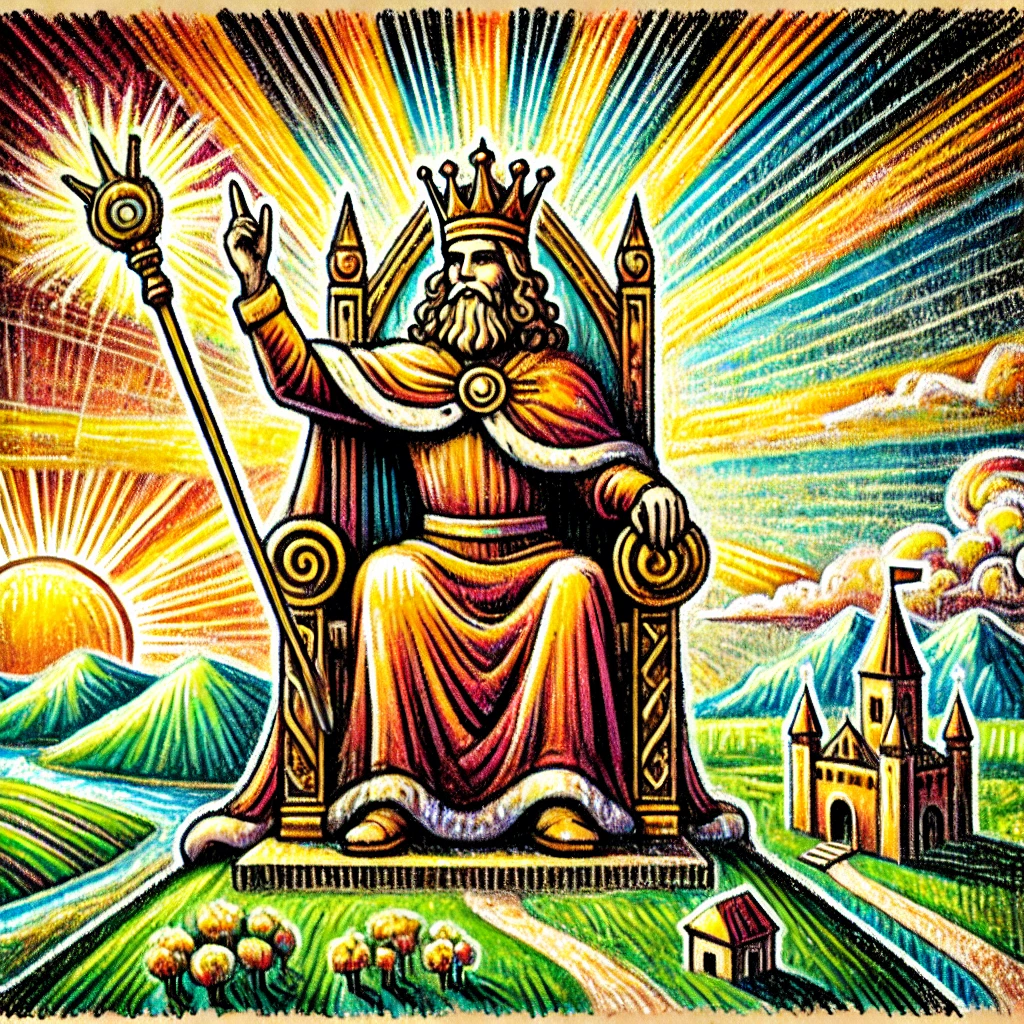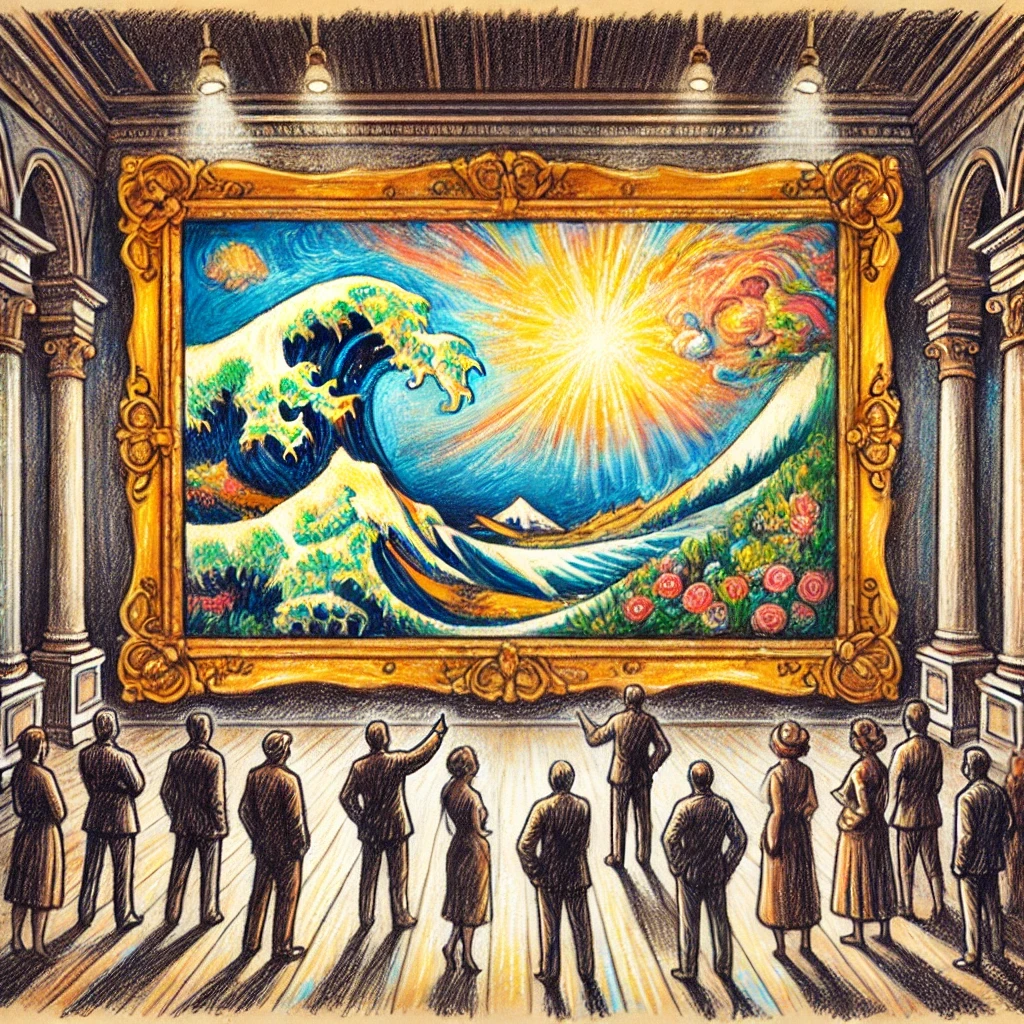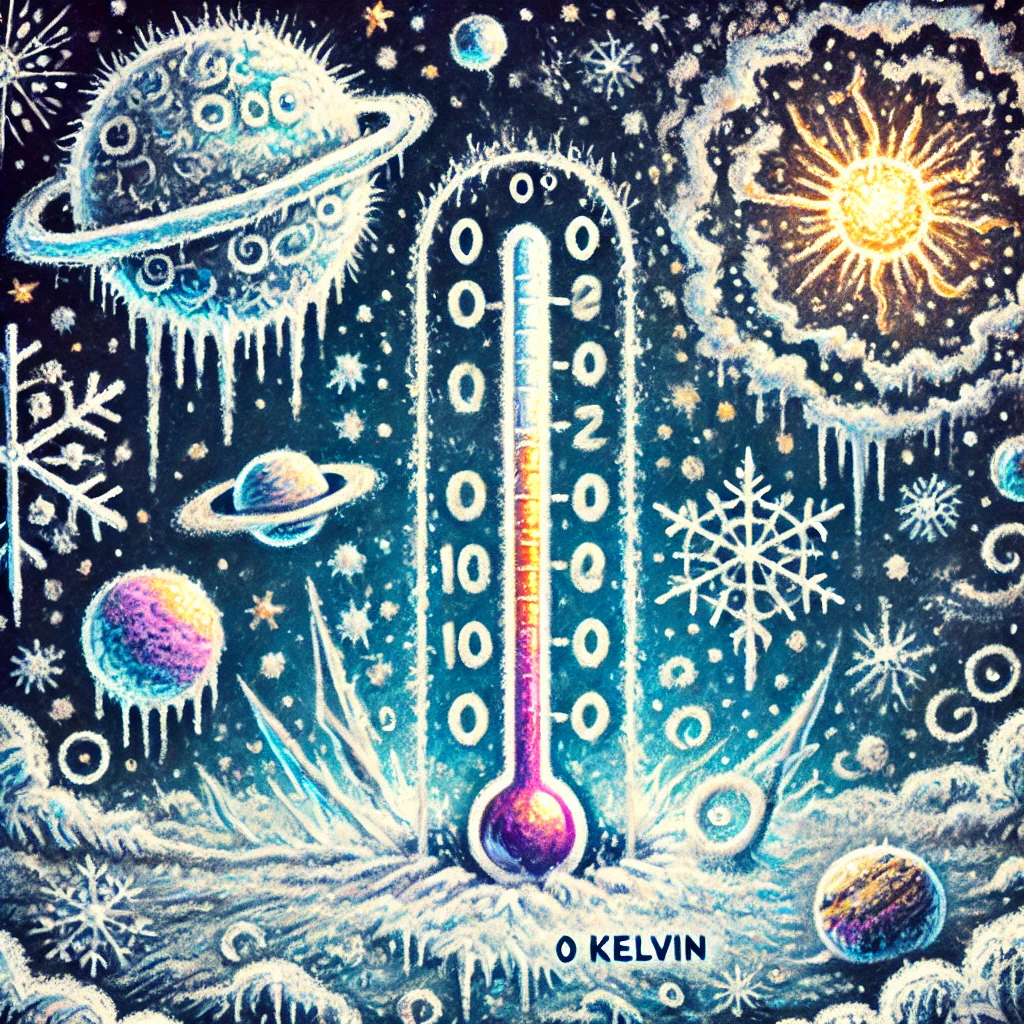Absolute
Definition
Absolute is both an adjective and a noun. As an adjective, it means something that is complete, total, and unrestricted, often implying an extreme or definitive quality. As a noun, it refers to something that is not dependent on anything else and exists independently.
Parts of Speech
- Adjective
- Noun
Pronunciation
American English
- Adjective and Noun IPA Pronunciation: /ˈæbsəˌlut/
- Respelling: AB-suh-loot
British English
- Adjective and Noun IPA Pronunciation: /ˈæbsəluːt/
- Respelling: AB-suh-loot
Etymology
The word "absolute" originates from the Latin "absolutus," which means "completed" or "set free," derived from the verb "absolvere" meaning "to set free, to complete." This term entered English in the 14th century, carrying the sense of something that is entire or unrestricted.
Derivatives
- Absolutely (adverb)
- Absolution (noun)
- Absolutism (noun)
- Absolutist (noun)
- Absoluteness (noun)
Synonyms
- Complete
- Definitive
- Unconditional
Antonyms
- Relative
- Partial
- Conditional
Usage
The term "absolute" is often used to describe something that is without limitation or qualification, such as in "absolute power" or "absolute truth." In philosophy, it can refer to a concept or reality that exists independently of other things.
Related Terms
- Ultimate: The highest or final point in a progression or series.
- Definitive: Conclusive or serving as the best example.
- Independent: Free from external control or influence.
Detailed Definitions
Adjective
- Complete and total: Refers to something that is without restriction or qualification.
- Example: "The ruler held absolute power over the land."
- Not relative or dependent: Describes something that exists independently of other factors.
- Example: "Some consider truth to be absolute rather than relative."
Noun
- A concept or reality that exists independently: Refers to an idea or reality that is self-contained and unaffected by external influences.
- Example: "Philosophers often debate the existence of the absolute."
absolute



🇨🇳 Mandarin
- 绝对 (unconditional, total)
- IPA: /t͡ɕwɛ˥˩ dwei˥/
- Respelling: juéduì
🇮🇳 Hindi
- पूर्ण (total)
- IPA: /puːrɳ/
- Respelling: pūrṇ
- निरपेक्ष (not relative)
- IPA: /nɪrəˈpɛkʂ/
- Respelling: nirapekṣ
🇪🇸 Spanish
- Absoluto
- IPA: /absoluˈto/
- Respelling: absoluto
🇫🇷 French
- Absolu
- IPA: /apsɔly/
- Respelling: absolu
🇦🇪 Modern Standard Arabic
- مطلق
- IPA: /muʈˤlaq/
- Respelling: muṭlaq
🇧🇩 Bengali
- পরম (supreme, total)
- IPA: /pɔrom/
- Respelling: porom
- অপেক্ষিক নয় (not relative)
- IPA: /ɔpekkʰik nɔj/
- Respelling: apekkhik noy
🇷🇺 Russian
- Абсолютный
- IPA: /əbsɐˈlʲutnɨj/
- Respelling: absolyutnyy
🇵🇹 Portuguese
- Absoluto
- IPA: /ɐbˈsolutu/
- Respelling: absoluto
🇮🇩 Indonesian
- Mutlak
- IPA: /mutˈlak/
- Respelling: mutlak
🇩🇪 German
- Absolut
- IPA: /apsəˈluːt/
- Respelling: absolut
🇯🇵 Japanese
- 絶対 (unconditional, total)
- IPA: /zɛtːai/
- Respelling: zettai
🇻🇳 Vietnamese
- Tuyệt đối (unconditional, total)
- IPA: /twejət̚˧˥ zoi˩˧/
- Respelling: tuyệt đối
🇰🇷 Korean
- 절대 (unconditional, total)
- IPA: /t͡ɕʌl.de/
- Respelling: jeol-dae
🇹🇷 Turkish
- Mutlak
- IPA: /mutˈlak/
- Respelling: mutlak
🇵🇰 Urdu
- مطلق (unconditional, total)
- IPA: /muʈːlɪq/
- Respelling: muṯliq
- نسبی نہیں (not relative)
- IPA: /nɪsbiː naːɪn/
- Respelling: nisbī nā'īn





